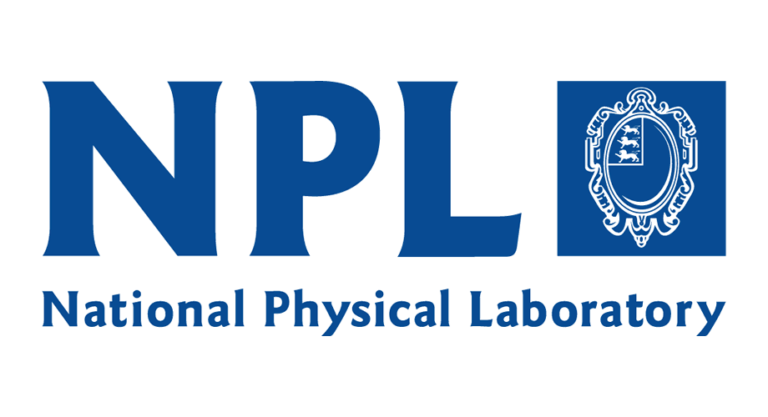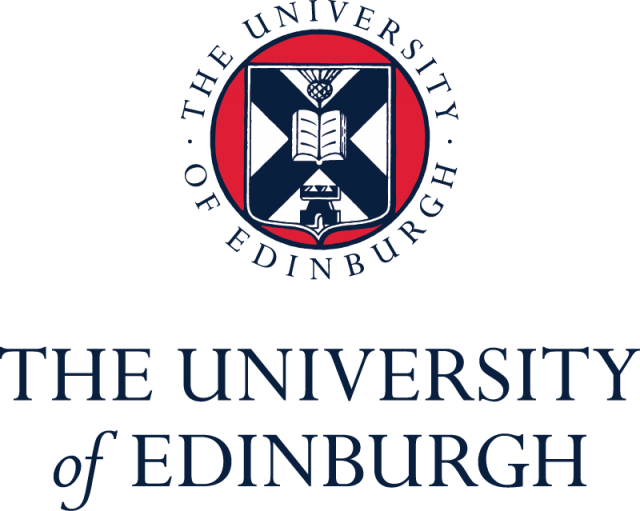Project Description
An OLED (Organic Light-Emitting Diode) is a type of light-emitting diode where the light-emitting layer is made of organic compounds. These compounds emit light in response to an electric current and are widely used in digital displays such as TVs and smartphones.
The efficiency of the device is inextricably linked to the inherent photophysical properties of the emissive material. Identifying the optimal emissive material requires in depth photophysical characterization. This is frequently the bottleneck for materials discovery in this field. As part of a wider research program within the Zysman-Colman group, this project focuses on developing an automated platform for the solution-state photophysical characterization of OLED materials that enables an AI-enabled materials optimisation to occur. Manufacturing costs of OLED materials would be reduced by automating the R&D process of the identification of suitable materials (and therefore accelerating delivery time) by using an AI-enabled screening engine with feedback loop from spectroscopic characteristics to materials composition and fabrication.
Specifically, the student will work on the integration and automation of the spectroscopic characterisation platform and will be involved in the screening and assessment of sustainable OLED materials emanating from the Zysman-Colman group.
The student will work in the research group of Prof. Zysman-Colman at the University of St Andrews. The student will have access to the University resource, which include: departmental AFM, STM and TEM; Institutional Centre that houses fluorimeters, a gated CCD spectrometer, cryostat for low temperature measurements, fluorescence microscopy, and absorption spectrophotometers, as well as spectrometers for ultrafast photophysical measurements; EZ-C group facilities: State-of-the-art newly renovated wet synthesis lab consisting of 15 2-meter-wide fume cupboards, semipreparative/analytical HPLC/GPC, preparative GPC, GCMS, temperature gradient sublimation, Combiflash, electrochemistry, spectroelectrochemistry, 2 absorption spectrophotometers & 2 fluorimeters (both from Edinst), two cryostats for low temperature measurements. There will be ca. £650,000 of additional analytical infrastructure to be purchased towards the creation of an automated film characterization platform for OLED materials discovery as part of a funded EPSRC open fellowship.
CDT Essential Criteria
A Masters level degree (MEng, MPhys, MSc) at 2.1 or equivalent.
Desire to work collegiately, be involved in outreach, undertake taught and professional skills study.
Project Essential Criteria
- Understanding of spectroscopic techniques that will be used for materials characterisation.
- Practical experience with laboratory-based equipment and spectroscopic measurement systems.
- Knowledge of data analysis tools and programming languages such as Python.
Project Desirable Criteria
Experience with automation in laboratory environments, including robotic systems for sample handling. Experience in coding in python.
We would also be happy to consider applications from relevant MChem students.
The CDT
The CDT in Applied Photonics provides a supportive, collaborative environment which values inclusivity and is committed to creating and sustaining a positive and supportive environment for all our applicants, students, and staff. For further information, please see our ED&I statement: https://bit.ly/3gXrcwg.
Forming a supportive cohort is an important part of the programme and our students take part in various professional skills workshops, including Responsible Research and Innovation, and attend outreach training.









